On September 27, 2024, Peking University’s Yenching Academy hosted Jean-Pierre Raffarin, former Prime Minister of France and Shuhsi Hsü Chair Professor at the Academy, for a lecture on EU-US-China relations as part of the prestigious Leadership and Global Governance Lecture Series. Moderated by Dean Dong Qiang, this event brought together scholars from the Yenching Academy to hear Raffarin's perspectives on pressing global governance challenges, particularly the evolving geopolitical dynamics among the European Union (EU), the United States (US), and China. The panel also featured esteemed guests such as Herve Machenaud, former Global Vice President of EDF (Electricité de France); Christine Cayol, Vice President of the Sino-French Cultural Forum; Prof. Zhang Haibin, Associate Dean of the School of International Relations; and Prof. Fan Shiming, Associate Dean of Yenching Academy.
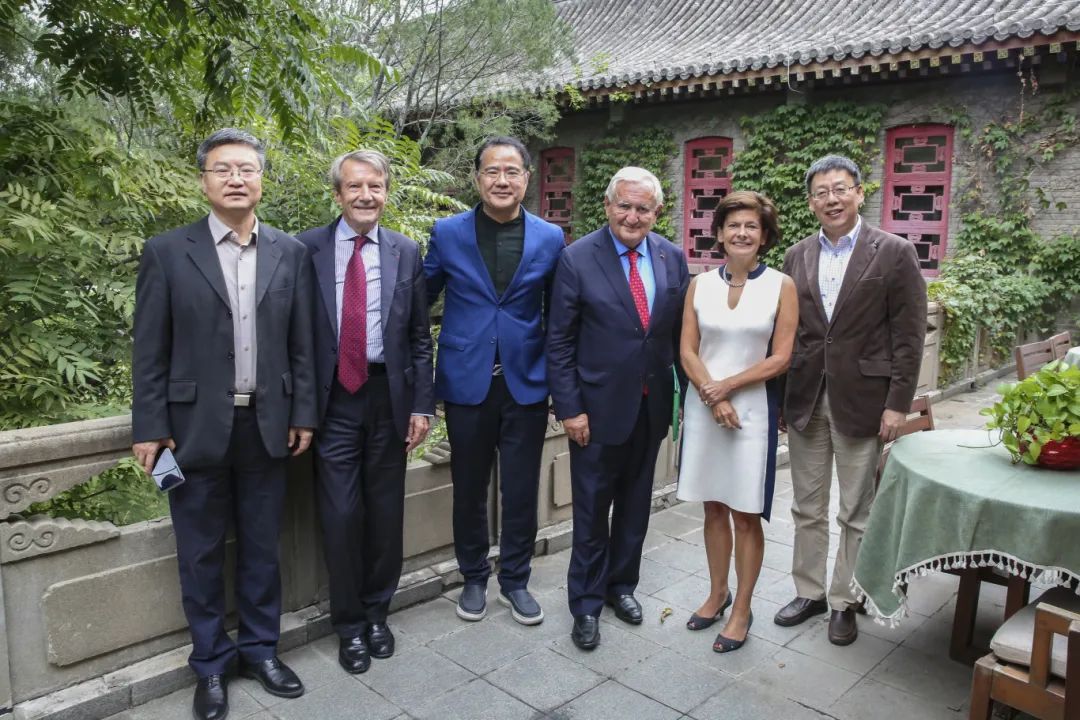
This gathering offered a unique opportunity for students and scholars to gain firsthand insights from Raffarin, a seasoned diplomat with deep ties to China and decades of experience navigating the complexities of international politics. Throughout the session, he addressed the significant role Europe can play in maintaining a delicate balance between the US and China in today’s multipolar world. Dean Dong opened the event by praising Raffarin’s longstanding contributions to global diplomacy, underscoring his personal and professional connection to China. He acknowledged Raffarin’s consistent efforts to strengthen Sino-European relations, while also emphasizing his work in promoting European integration and advocating for multilateral diplomacy. Raffarin’s extensive experience and nuanced understanding of geopolitics and leadership made his insights particularly relevant to the Yenching Academy’s scholars, who are studying global governance at a time when the international landscape is rapidly changing.
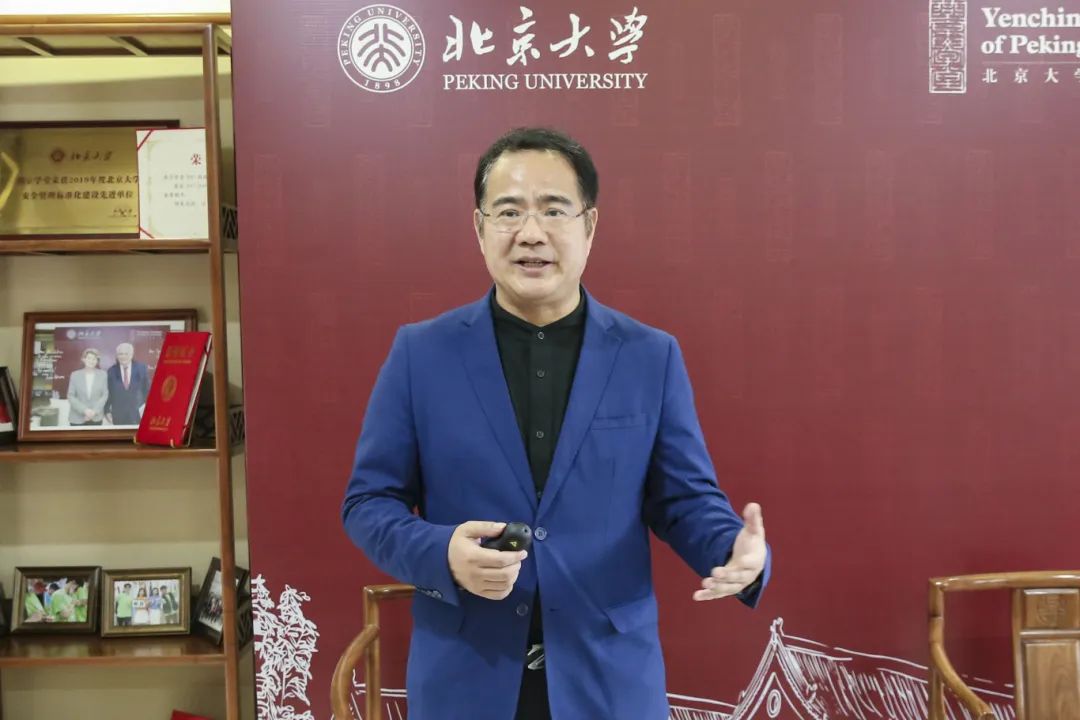
In his lecture, Mr Raffarin highlighted the importance of the EU-US partnership, rooted in history and cooperation. He discussed the growing calls within Europe for more strategic autonomy, particularly in defense and international policies, as Europe seeks to balance its ties with the US while addressing new global challenges. He explained how Europe’s need to adapt is increasingly evident in its approach to maintaining sovereignty and international influence.
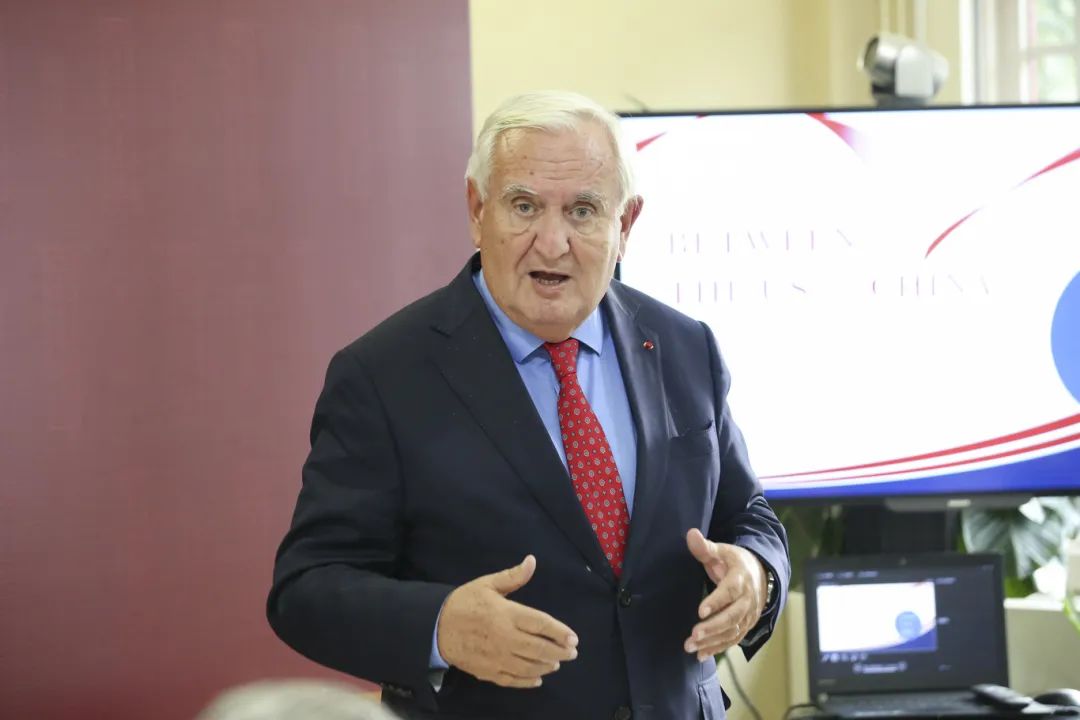
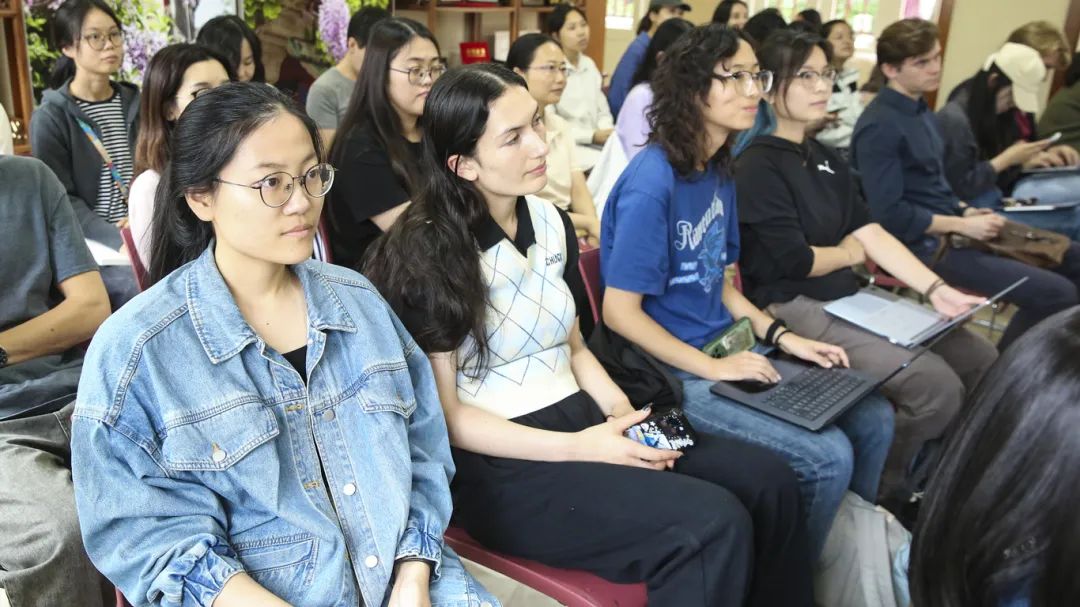
While the forum focused on EU-US relations, China featured prominently in the discussions. Raffarin pointed out China's key role in global trade and innovation and stressed the importance of Europe maintaining balanced relations with China. He emphasised that Europe should seek opportunities to collaborate with China, particularly in sectors like technology and renewable energy, while ensuring that its own economic interests remain secure.
Mr Raffarin also touched on the complexities of global governance, underscoring Europe’s role in championing multilateralism and diplomacy. He noted that Europe must act as a balancing force in international affairs, promoting dialogue and cooperation to address global challenges like climate change and economic inequality. He emphasized the need for Europe to work within international institutions such as the United Nations to maintain stability and foster global collaboration.
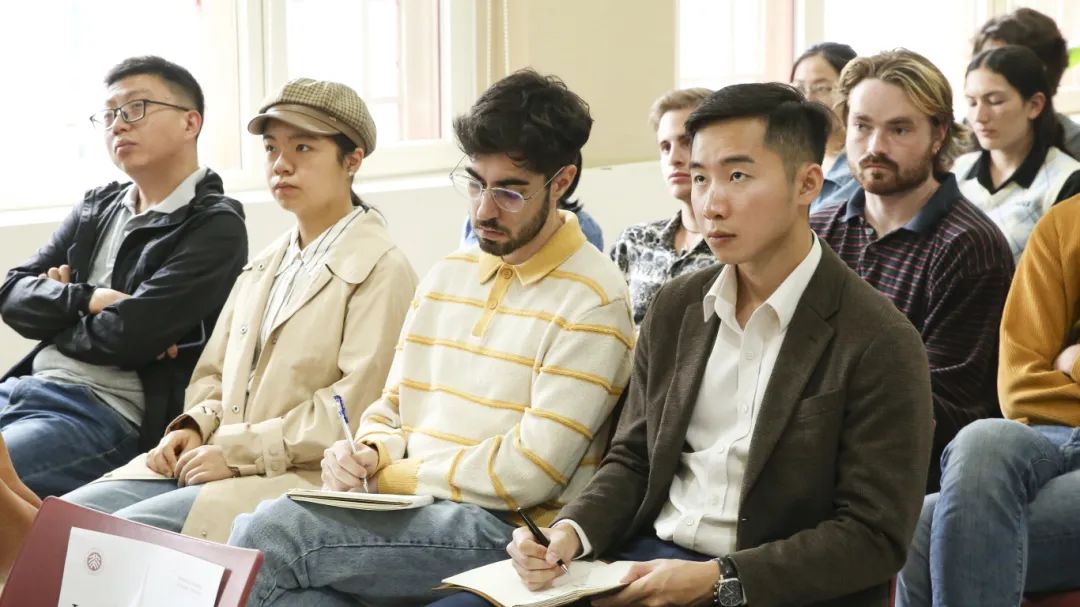
Addressing economic interdependence, Raffarin explained that Europe faces a challenge in navigating its ties with both the US and China, particularly in technology and industrial sectors. He encouraged Europe to strengthen its own capacities to remain competitive and to maintain its strategic autonomy while engaging with both global powers.
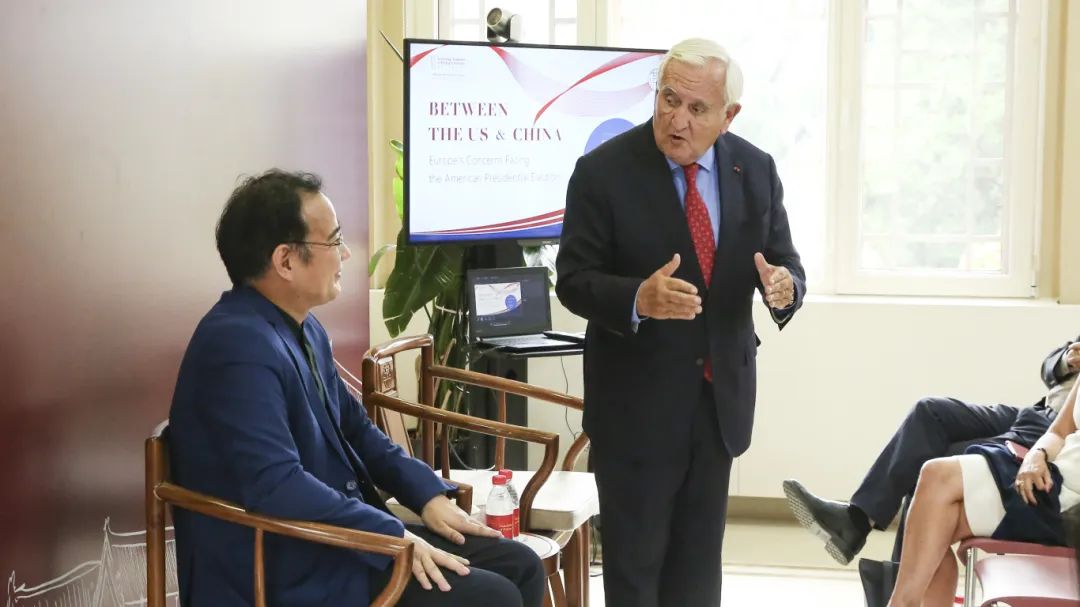
Following the lecture, Professor Zhang Haibin and Professor Fan Shiming shared their perspectives. Professor Zhang Haibin pointed out that complexity is a crucial concept for understanding the current global situation. The changes in the world, era, and politics are unfolding in unprecedented ways. As significant players on the international political stage, China and France need to collaborate closely in global governance, adopting flexible approaches to tackle the challenges posed by geopolitical and climate changes. Professor Fan Shiming highlighted that "balance" is the key word of our time and emphasized the importance of cross-cultural understanding and communication. In a multipolar world, the strengths of China, the U.S., and Europe are gradually converging, and a stable and peaceful global order must be established on the foundation of balance.
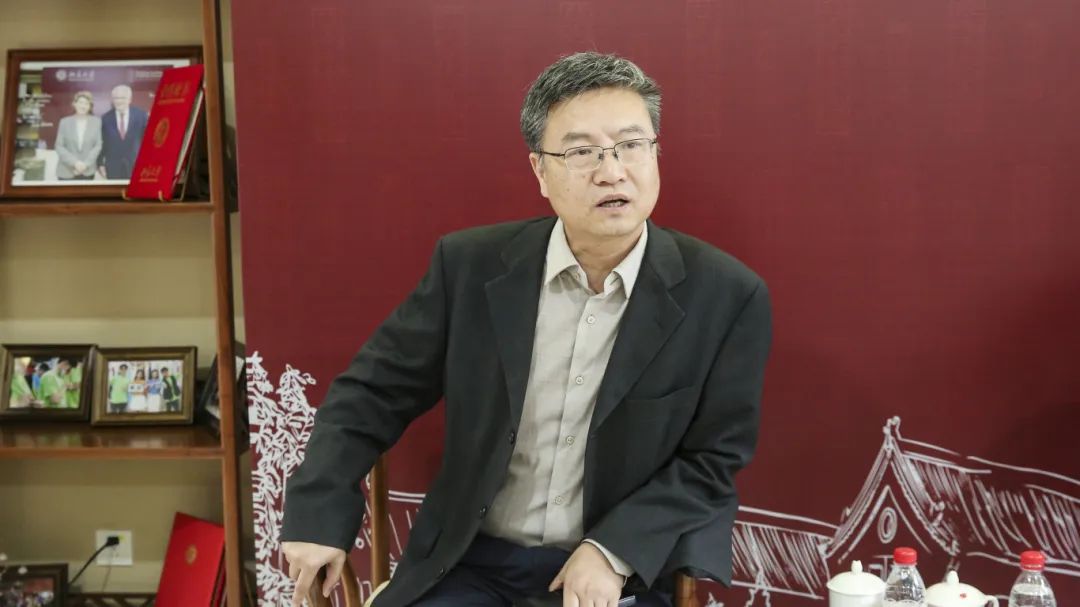
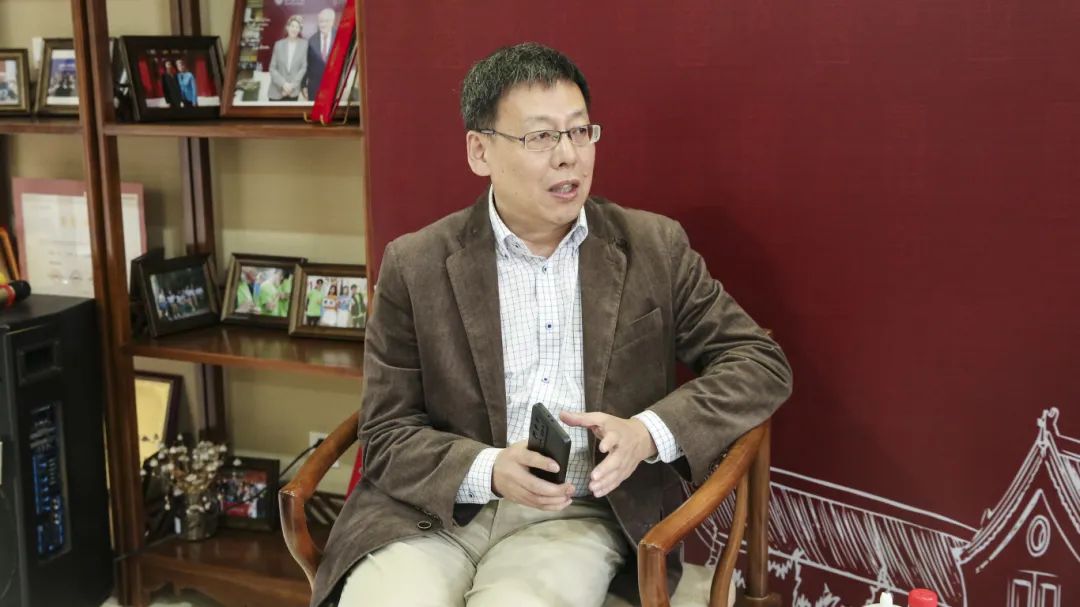
The event concluded with a lively Q&A session, during which students asked about the future of EU-China relations and Europe's role in balancing global powers. Raffarin’s responses emphasized the importance of diplomacy and multilateralism in addressing these global challenges.
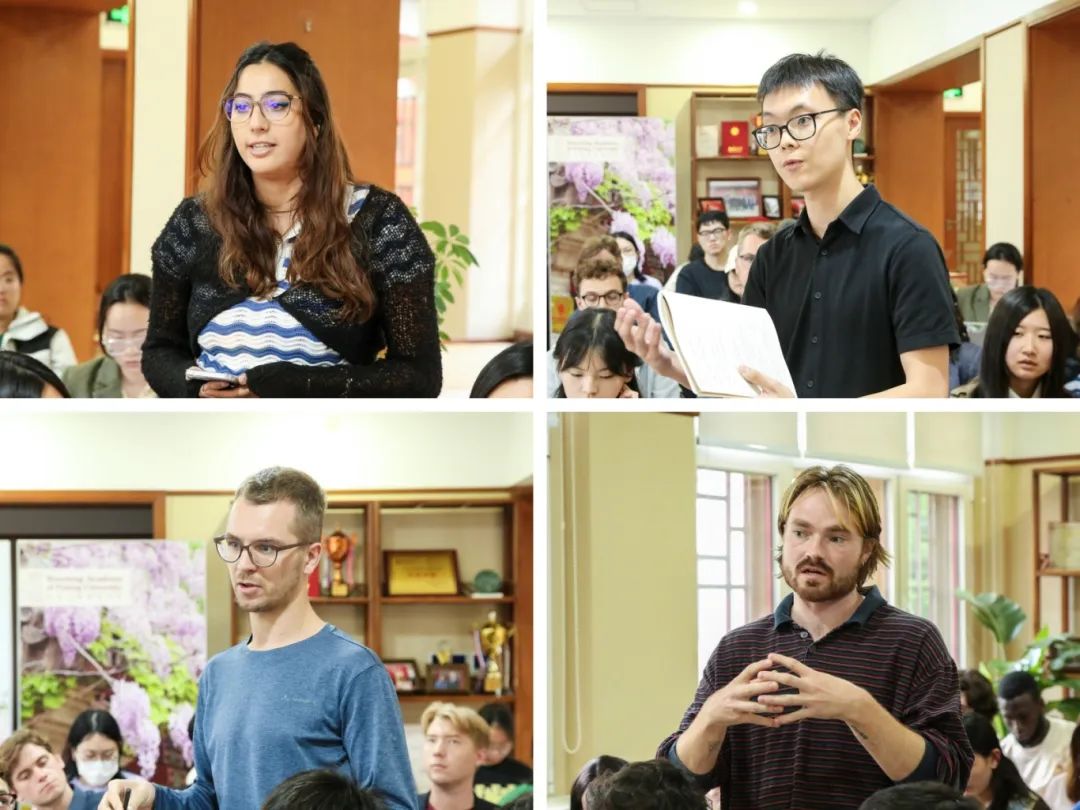
Overall, the Leadership and Global Governance Lecture Series at Yenching Academy offered a comprehensive and nuanced exploration of the EU-US-China relationship, providing scholars with valuable insights into the forces shaping Europe's evolving role in global affairs. Jean-Pierre Raffarin’s thoughtful analysis, combined with the panel’s contributions, highlighted the importance of cooperation, cultural diplomacy, and economic partnerships as Europe seeks to navigate a world increasingly defined by interconnectedness and geopolitical complexity.
Raffarin’s deep affection for China was evident throughout his remarks, as he urged Yenching Academy’s scholars to immerse themselves in China’s rich cultural heritage. “I’m not Chinese, I don’t want to be Chinese, but I love Chinese civilization,” Raffarin remarked, expressing the immense value of understanding Chinese philosophy, values, and governance. He believes that by embracing these cultural insights, future leaders can foster greater global cooperation and mutual respect, both of which are critical to successfully navigating the complexities of the modern world.
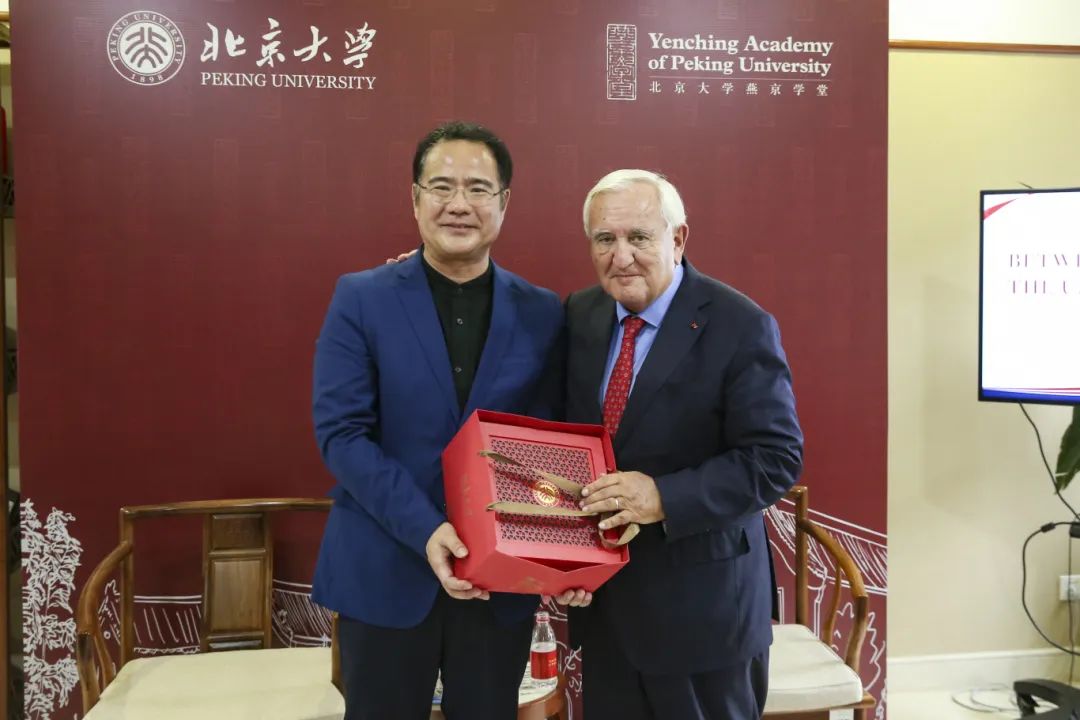
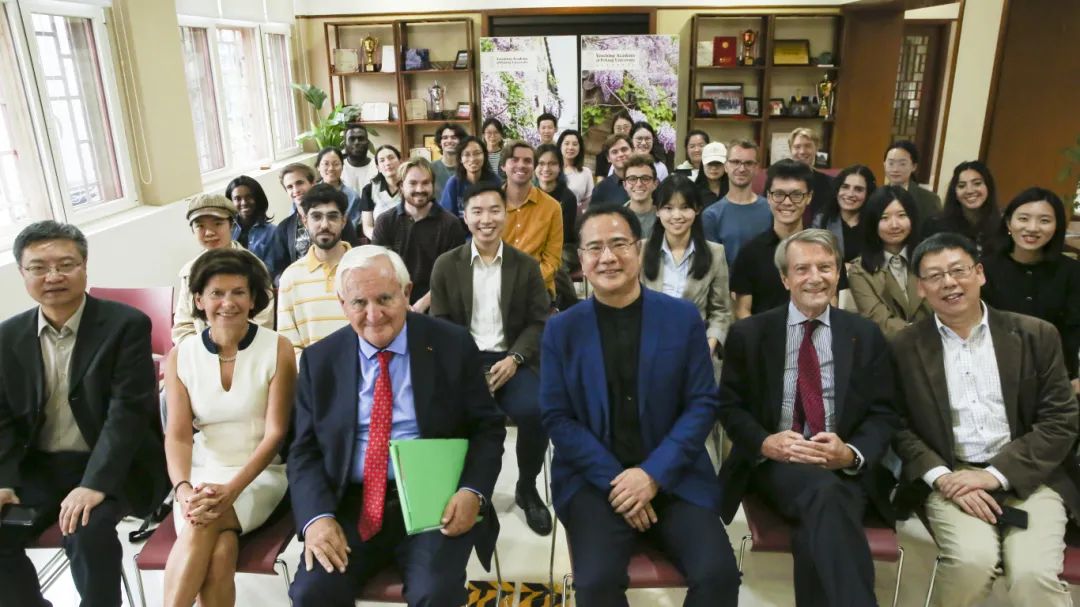
written by Melania El Khayat